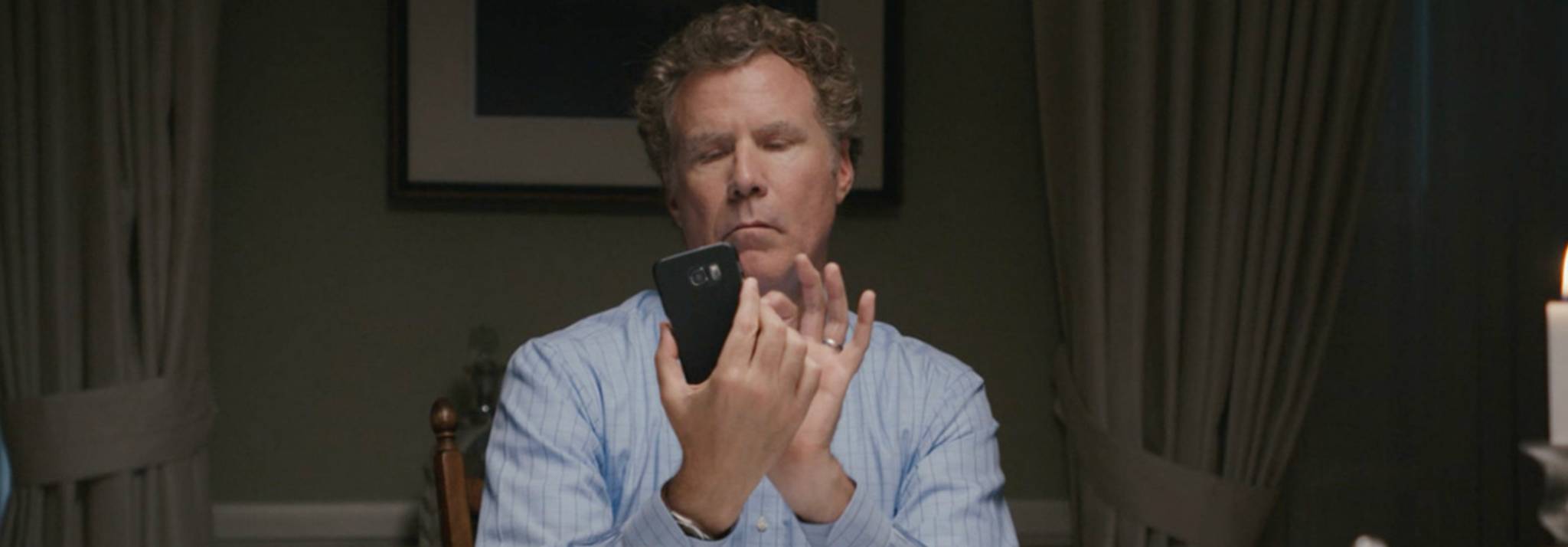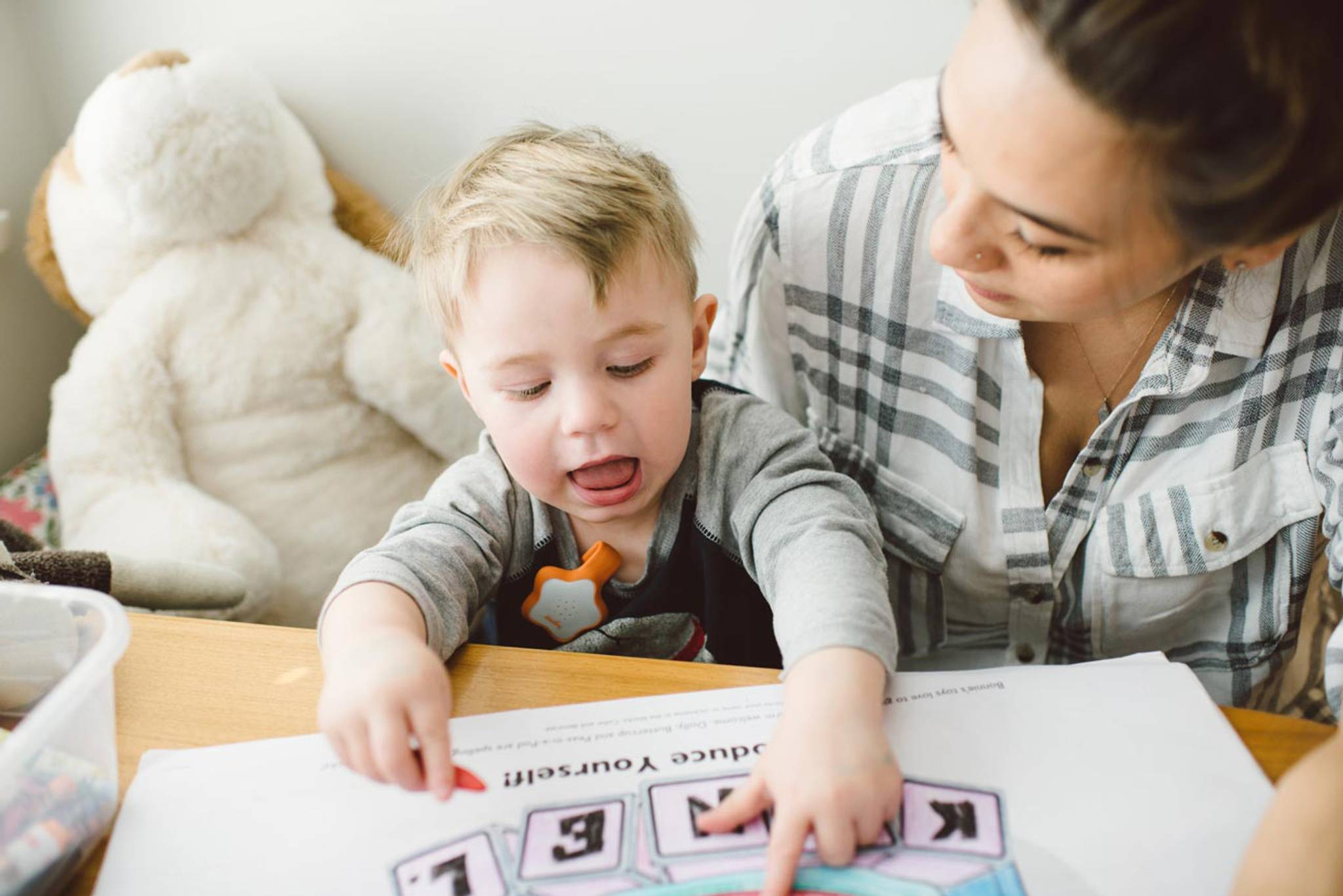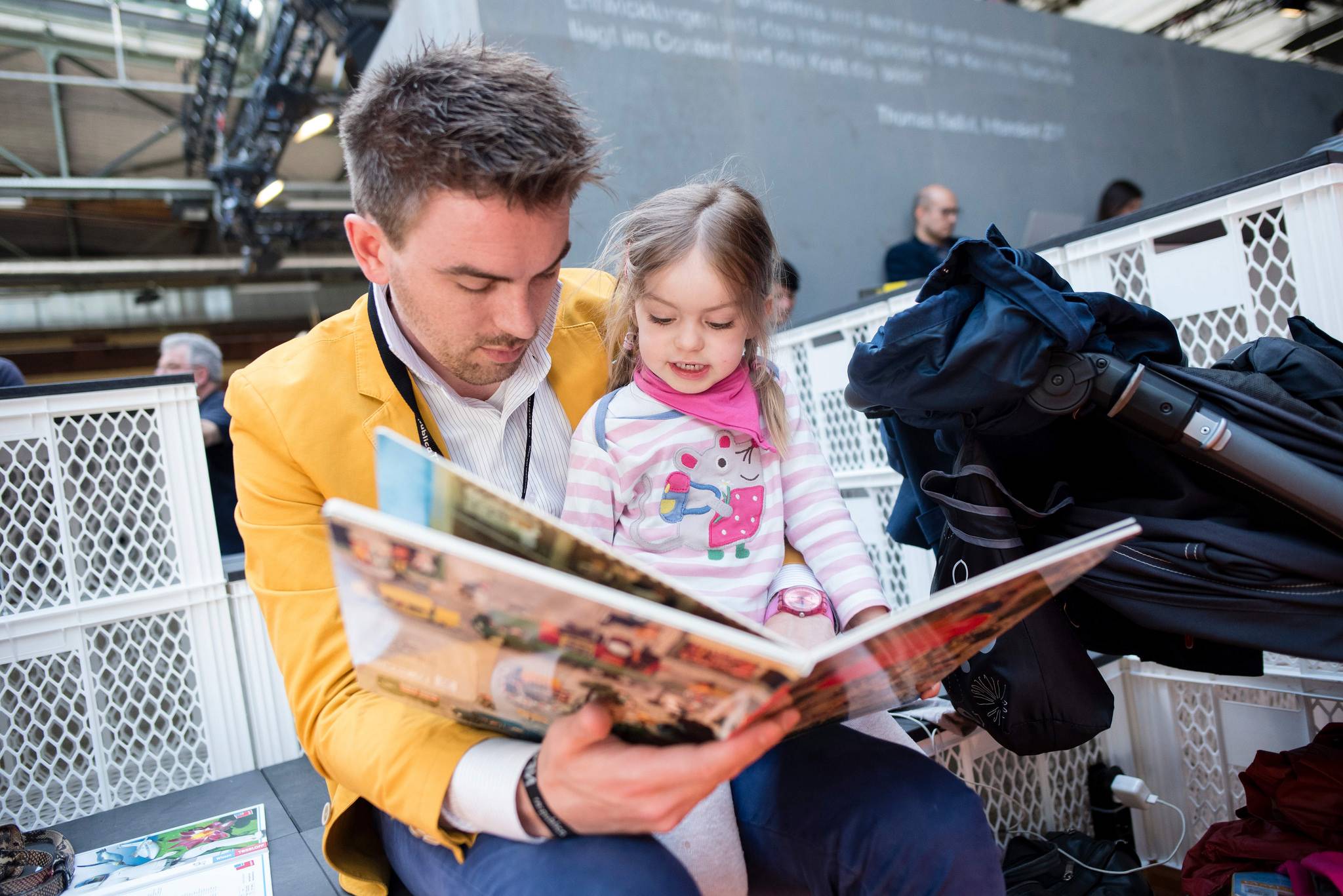
‘Phubbing’ – or phone snubbing – is a bad habit that’s typically associated with teens and social media addicts. But with research suggesting that parents are phubbing their kids at the cost of their happiness, a series of ads starring Will Ferrell is using black comedy to draw attention to the issue. We explore the insights behind the campaign, and explore how tech can support familial communication, rather than get in the way.
The ‘Device Free Dinner’ campaign – which comprises a series of spots created by Goodby Silverstein & Partners for non-profit Common Sense Media – has been encouraging parents to pay less attention to their phones during dinner since 2016. The ads feature a range of hyperbolic situations in which the family’s patriarch – played by comedic heavyweight Will Ferrell – snubs his family in favour of his device. In one scenario, he judges the rest of his family for how few Likes they gained on their social posts that day, while in ‘Mission’, he obnoxiously Instagrams his meal to the irritation of the rest of the clan. “I miss daddy,” says his sad-eyed daughter in another, while he obliviously uploads a video to Snapchat.
While each of these videos may have taken a little artistic license to maximise humour, parental phubbing is a real problem. In the US, almost half of parents say they’re interrupted by digital distractions when interacting with their kids at least three times a day, often reporting bad behaviour from the child as a response. It’s a behaviour that not only makes kids feel ignored, but also makes it harder for parents to discipline children about their own usage.
But there’s an opportunity for tech brands to help families function with the help of devices, rather than in spite of them. "If app and device designers were more open to fostering healthy technology habits, they’d probably make their current customers happier," says Julie Kientz, associate professor of human centered design and engineering at the University of Washington. "And they might bring in more families who've decided the rule is not to use it at all."
Lore Oxford is a behavioural strategist at Canvas8, which specialises in behavioural insights and consumer research. She previously ran her own science and technology publication and was a columnist for Dazed and Confused. When she’s not busy analysing human behaviour, she can be found defending anything from selfie culture to the Kardashians from contemporary culture snobs.



